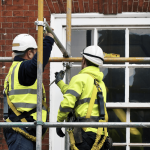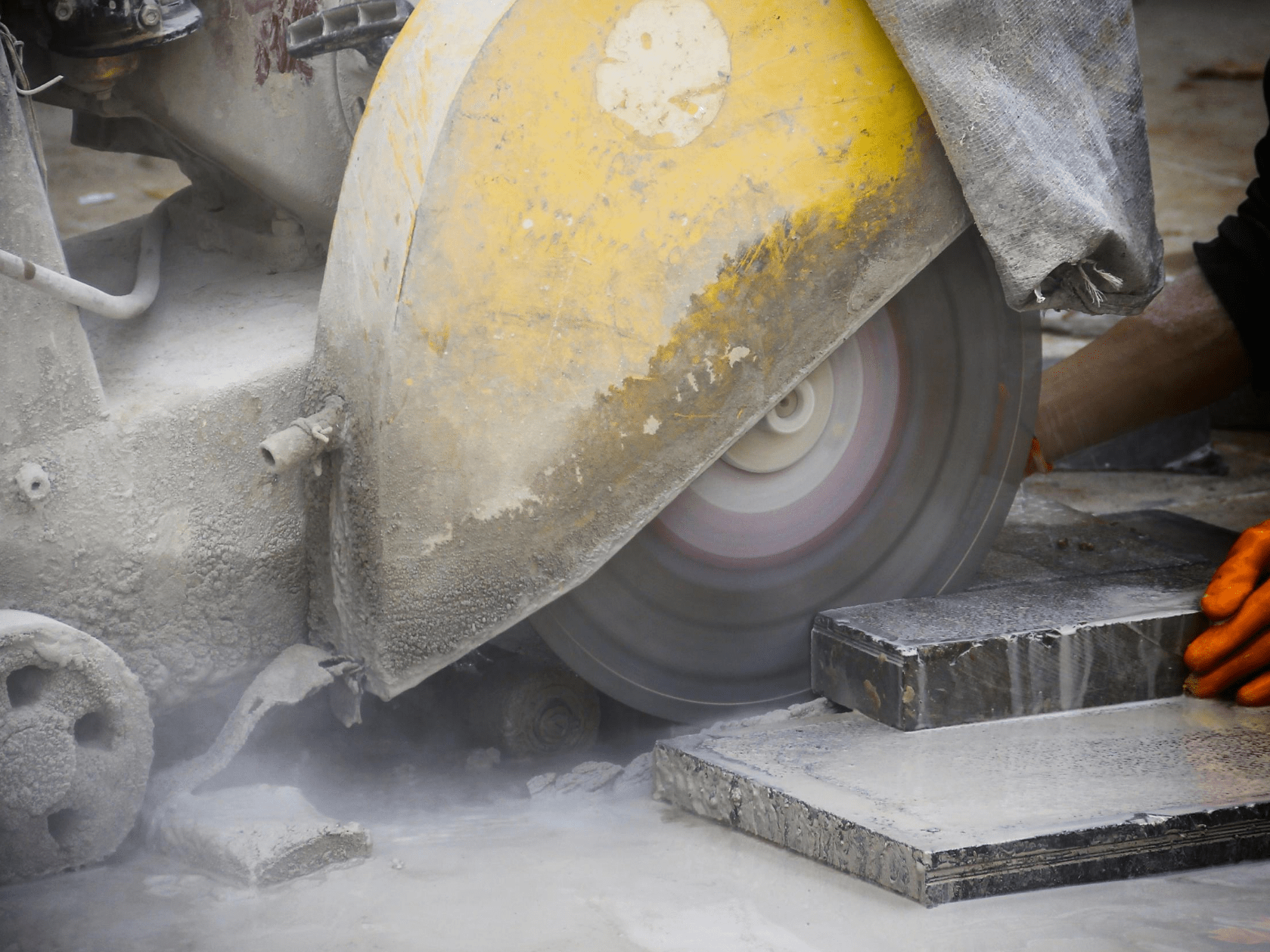Workplace health and safety inspectors are targeting stone benchtop businesses across Queensland, following the presentation of a submission by the Queensland Government in November of last year, which included a designated Industrial Relations audit for May of this year.
The Office of Industrial Relations has confirmed that it will be undertaking a “sample” auditing of 140 workplaces to ensure that the workplaces were complying with the new Queensland Code of Practice, relating to exposure to respirable silica in workplaces.
Within the code, the new standard for respirable crystalline silica is 0.05 mg/m3 (eight-hour time-weighted average).
The Queensland branch of the CFMMEU has expressed concerns that the workplace health and safety regulator isn’t taking a firm enough approach to prevent stonemasons dying from silicosis.
“If workplaces strictly adhere to this [the new regulations] then workers won’t be exposed to dangerous levels of silica dust. But without a strong cop on the beat, I’ve got no confidence every workplace or business will adhere to it,” he said.
“Across Queensland, there are nearly 150 workplaces that employ anywhere from five to 60 stonemasons and unless the Government puts more people on to check each and everyone, then there’s no way to ensure everyone is doing the right thing by their staff.”
According to a submission to the National Dust Disease Taskforce, between October 2017 and July 2018, the Office of Industrial Relations undertook audits at ten stone benchtop companies, which revealed “widespread non-compliance with WHS laws within the industry.”
Auditors also found that both employers and workers had a “poor understanding of the risks of respirable crystalline silica” and that dry-cutting without appropriate safety controls was common.
Queensland, according to the OIR, has the best response nationally to addressing silicosis and maintaining safety in the engineered stone industry.
There is no current co-ordinated approach to occupational dust from dry-cutting stone, but the Federal Industrial Relations Minister Grace Grave has requested that the ACCC investigate the importation of engineered stone.
Ms. Grace is advocating for greater “national action in response to the threat posed by respirable crystalline silica, including the development of a national code of practice.”




